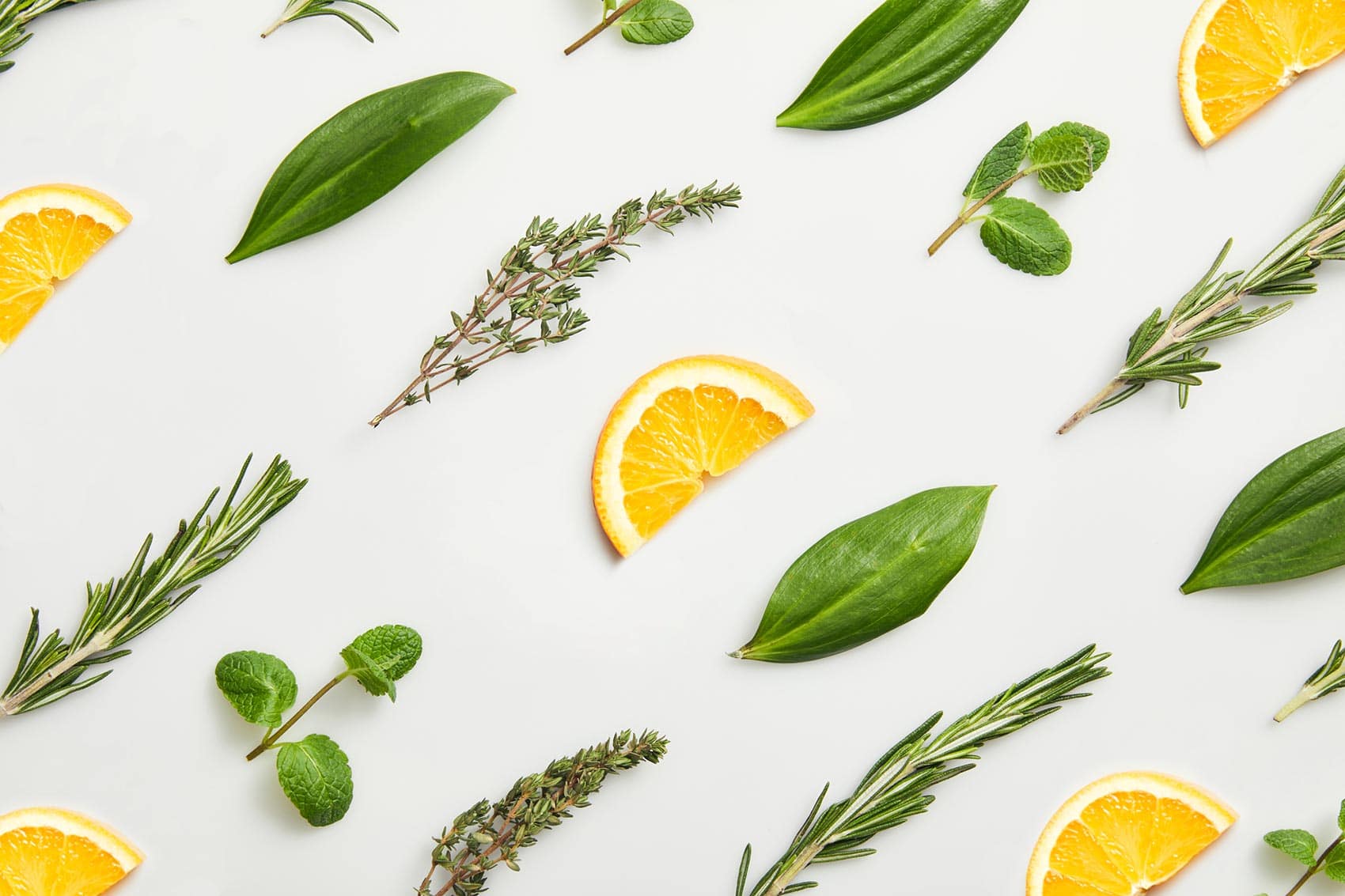Essential oils have been used for as long as 5000 years. Their benefits range from relaxation to healing skin conditions and everything in between. Whether you blend them together, diffuse them, or apply them to your skin, their medicinal and therapeutic potential is limitless.
Aside from their benefits, we are drawn to essential oils because of their smell. But with so many oils to choose from, how do you know which ones smell the best? Here, I’ll break it down to 25 of the very best smelling essential oils and explain when and how to use them.
25 Best Smelling Essential Oils
Essential oils come in a vast array of different scents. Whether you like a smell that’s warm and woody, fresh and fruity, or floral and sweet, I’ve ranked my top essential oils by category so it’s easier for you to choose your favorite.
Best Smelling Citrus Essential Oils
Citrus essential oils are favored for their uplifting character. They’re ideal for boosting mood and are known to reduce anxiety. What’s more, if you’re ever feeling stressed, some citrus oil will help to calm and relax you.
Peppermint
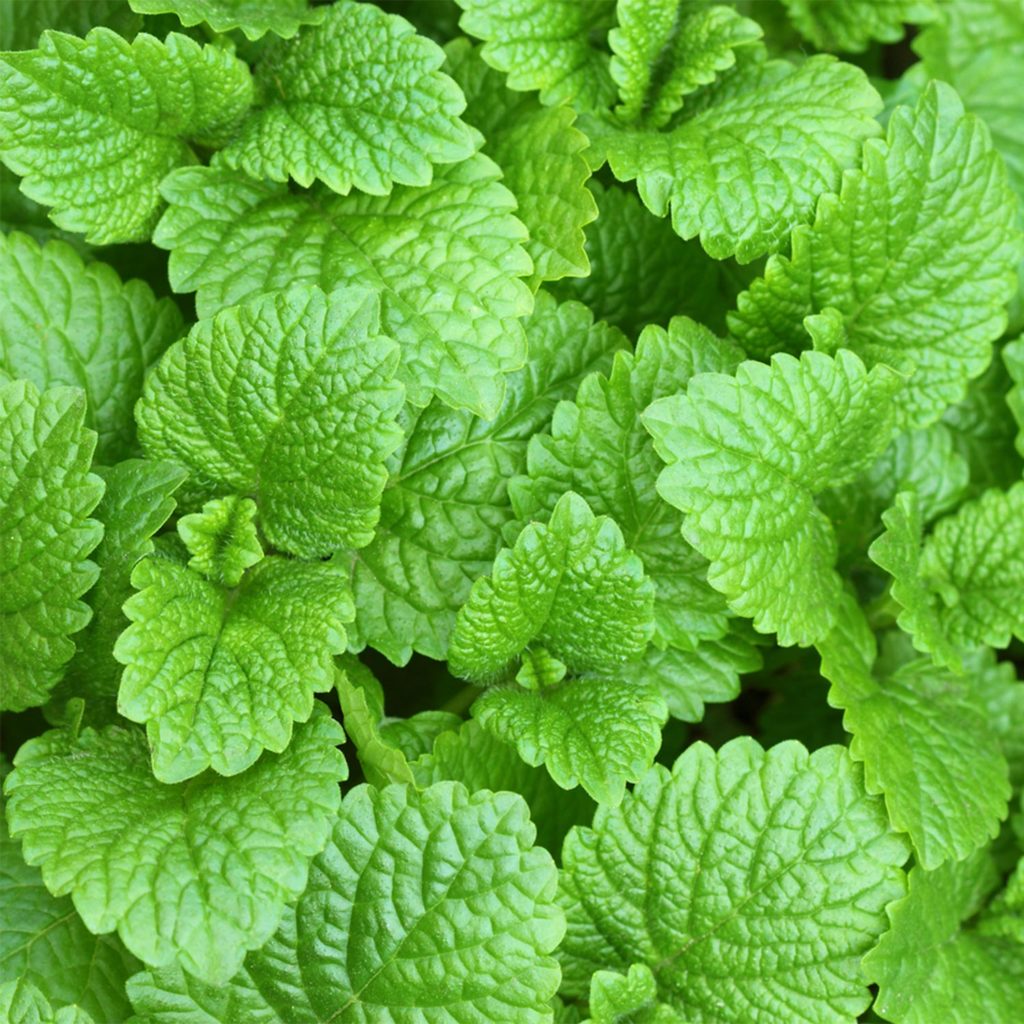
Peppermint oil is a highly concentrated menthol-type oil from the peppermint plant. It’s known for its refreshing and uplifting qualities, so it is perfect for waking you up at the start of the day.
People have used peppermint oil for pain relief and to soothe itching for many years. It’s also a well-loved aroma for its ability to reduce nausea, vomiting, and flatulence. But if peppermint oil is a little intense for you, using something like spearmint or orange will have similar benefits.
Lemon
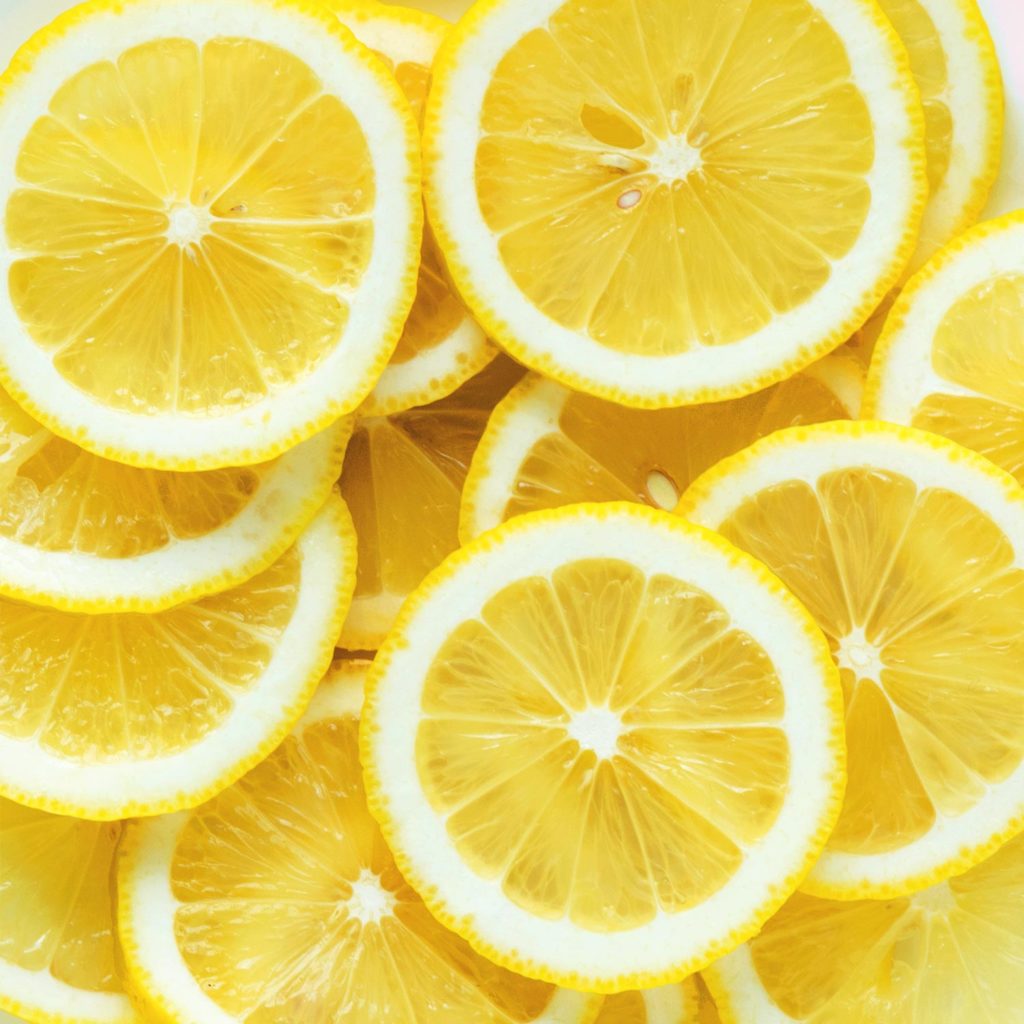
Zesty, fresh, and invigorating, lemon essential oil is one of the favorites of the citrus oil family. It’s widely available and known for effectively reducing symptoms associated with anxiety. Additionally, many people use lemon oil to help them feel energized, another excellent morning oil to diffuse.
Lemon essential oil is perfect for treating wounds and common cold symptoms. Alternatively, if you prefer a different aroma but with the same benefits, you might try lavender or vetiver. If you’re looking to stay within citruses, then bergamot is your best bet.
Tea Tree
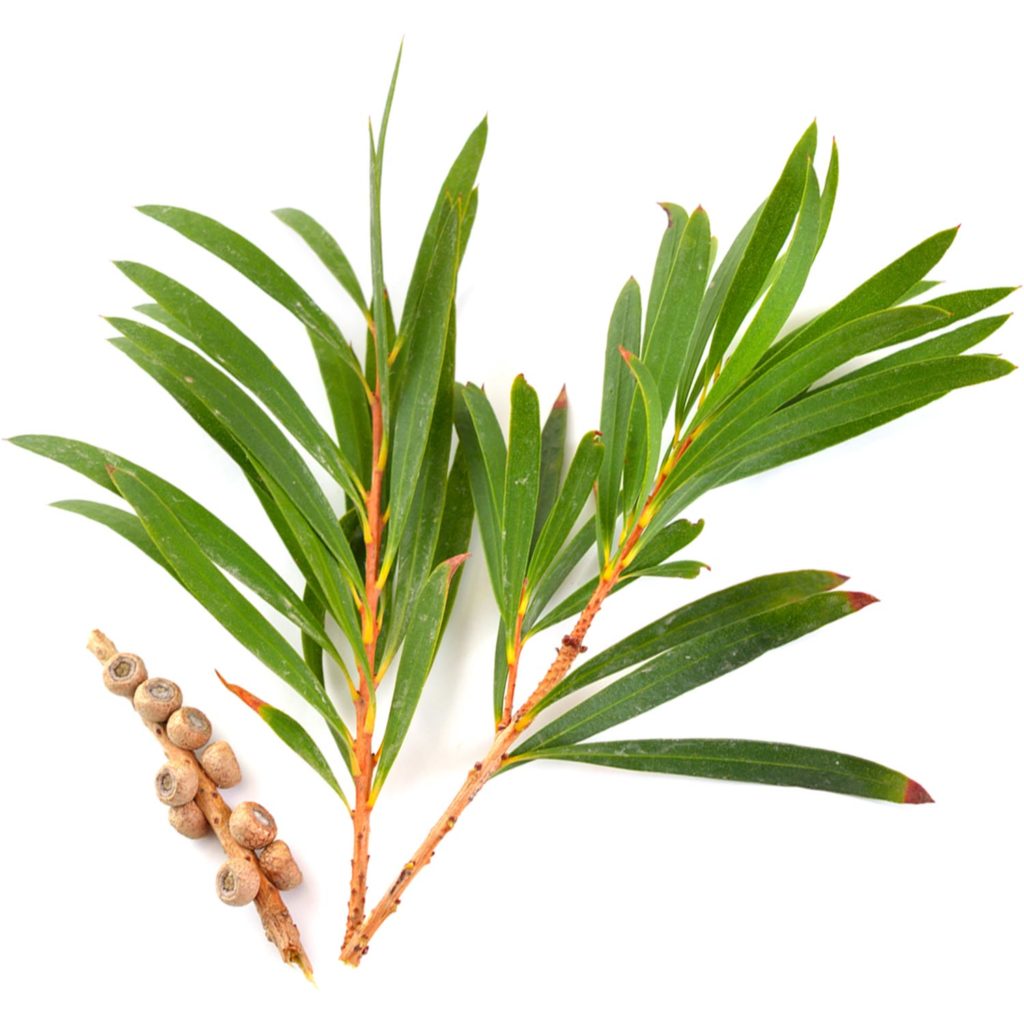
Tea tree oil has a very distinct aroma that is fresh and vibrant. Long known for its anti-inflammatory properties, the oil is often found in skincare products, particularly those for acne-prone skin.
This excellent essential oil is also widely used for treating fungal infections and killing germs since it has some excellent antibacterial properties. For similar benefits, eucalyptus oil is a great choice but many people swear by cinnamon bark oil for antibac properties like tea tree.
Grapefruit
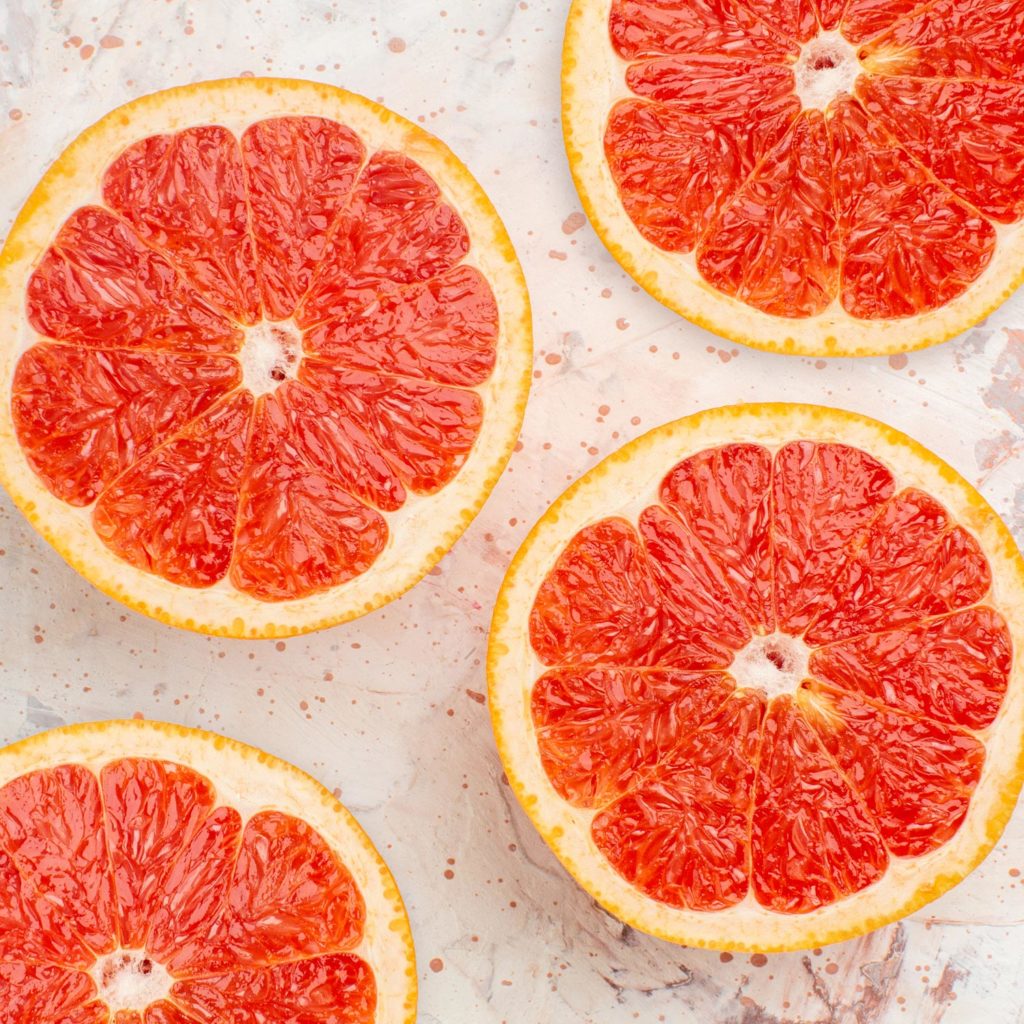
Grapefruit essential oil has a tangy and uplifting scent that many people use as a way of calming stress. The aroma is also commonly used as a way of balancing mood and relieving symptoms of anxiety and depression.
This essential oil is also perfect for lowering blood pressure which is a property that grapefruit oil shares with many other citrus oils. The same is true of lavender essential oil.
Bergamot
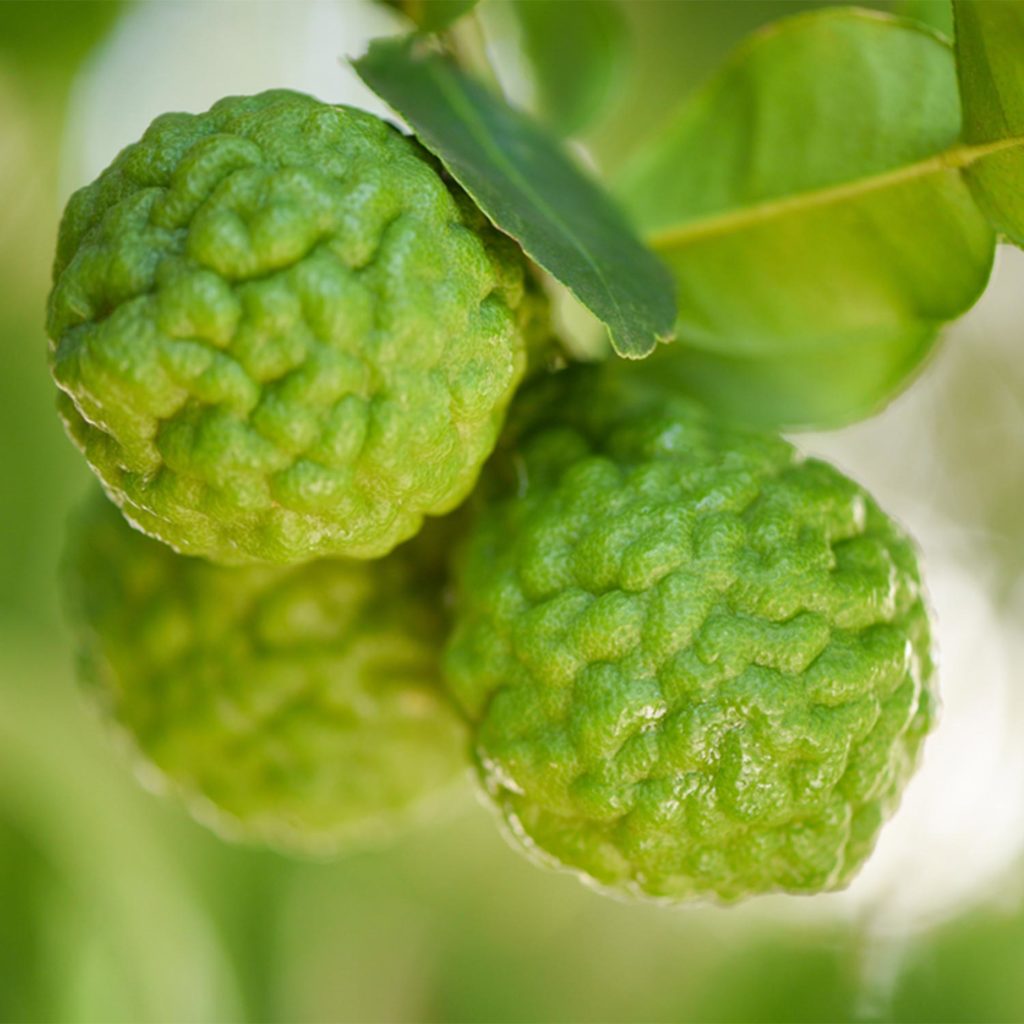
Bergamot essential oil has a bright, fresh, and sweet aroma commonly used as an opening note in perfumes and body care products. This refreshing essence is perfect for relieving stress and feeling calm.
Bergamot is commonly used in products designed for healing and cleansing since this oil has excellent antibacterial properties. What’s more, bergamot is a powerful antioxidant and can cleanse the body of free radicals. But if you want to try something slightly different, we’d recommend jasmine or lavender for similar effects, especially for the skin.
Best Smelling Floral Essential Oils
Floral essential oils are known for their skin and hair care advantages. They’re a key component in many perfumes and are excellent for reducing stress and anxiety. What’s not to love?
Lavender
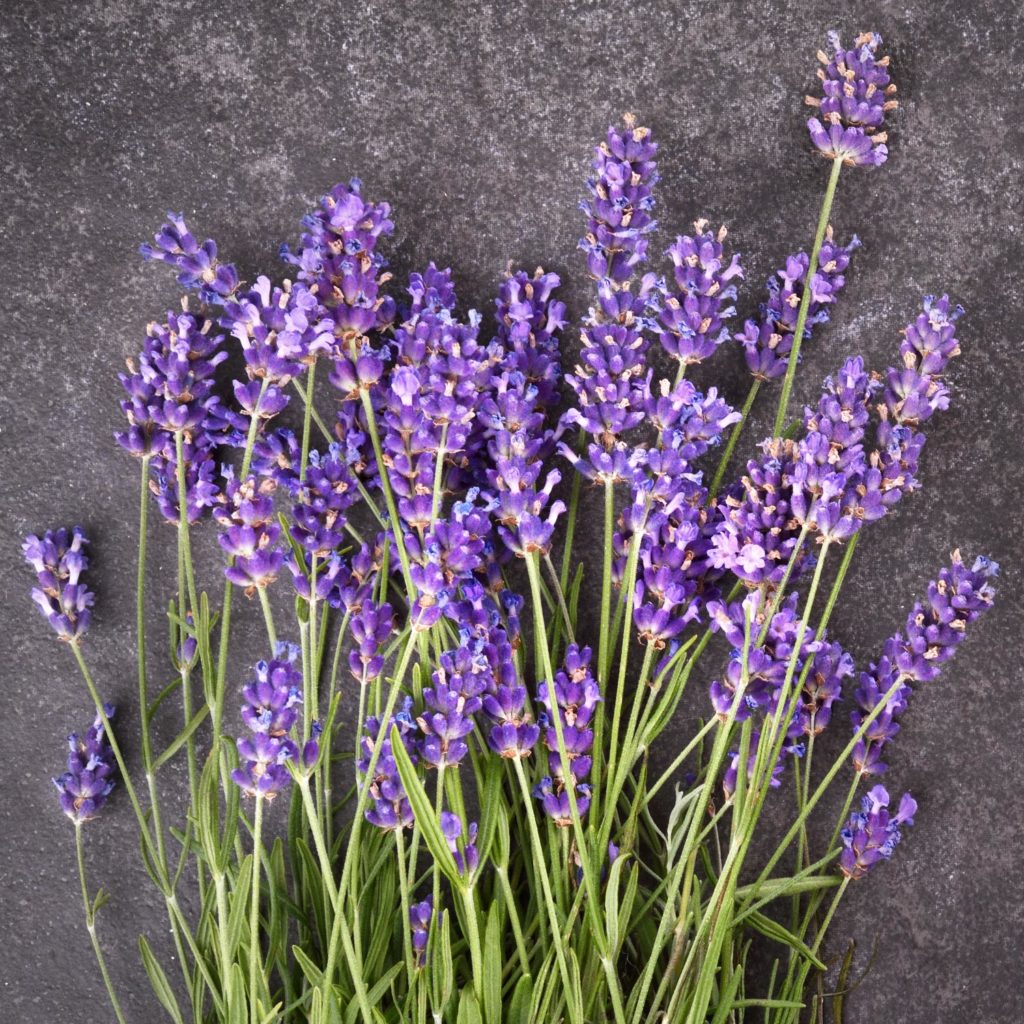
Lavender is undoubtedly one of the most popular essential oils and has a rich, earthy, floral, and sweet aroma. One of the key benefits of this oil is that it is very effective for relaxation, which is why you’ll often see it in ‘bedtime’ products.
But what’s fascinating about lavender is that studies have shown it could work as an allergy reliever. It is particularly potent when mixed with other essential oils with similar properties such as lemon and peppermint.
Rose
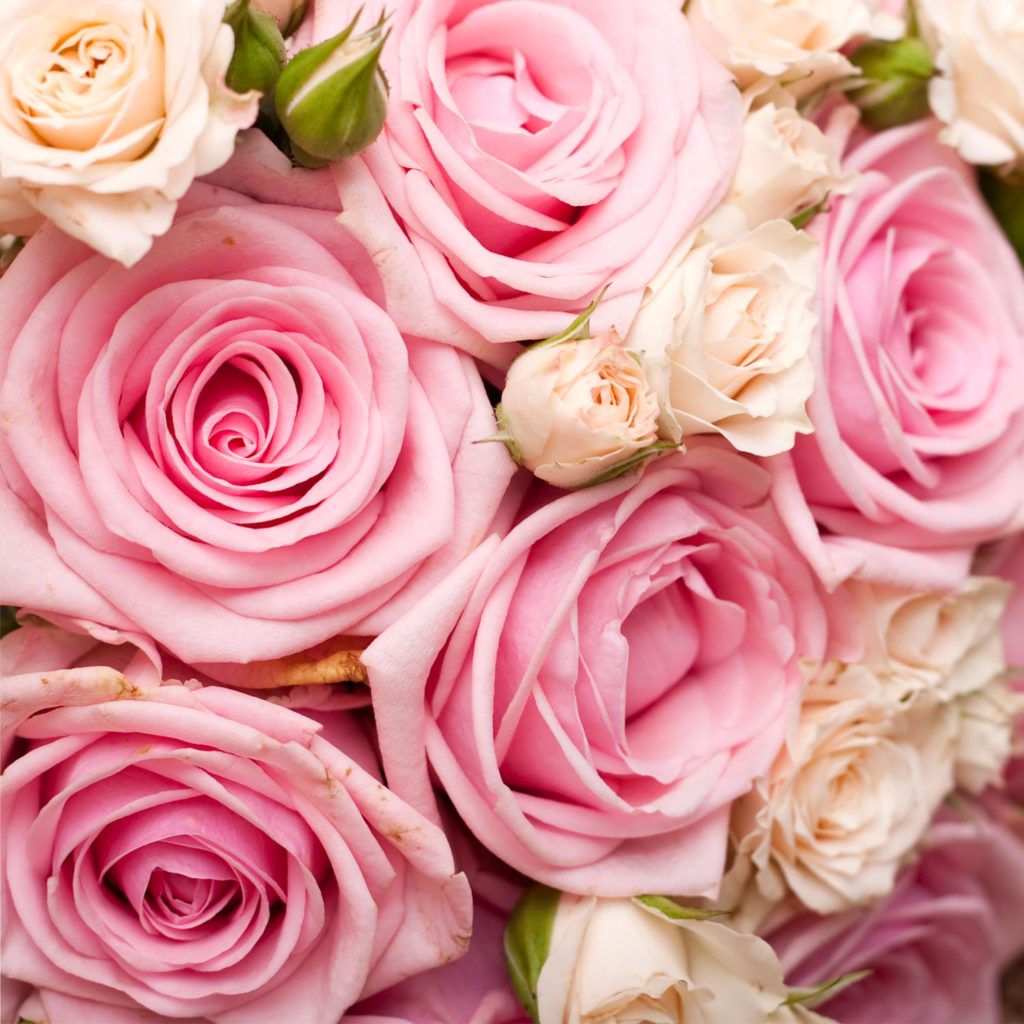
Rose is one of the world’s favorite scents. It is sweet, sometimes a little spicy, and very warming. This aroma can, like many others, lower anxiety and stress. But the essential oil is frequently used in aromatherapy as pain relief, especially when dealing with menstrual symptoms.
If you’re looking to spice up your love life, then research has yielded some pretty interesting results. Rose oil can boost libido, even in subjects with depressive symptoms; we always knew the rose symbolizes romance. For an alternative to rose, try geranium.
Jasmine
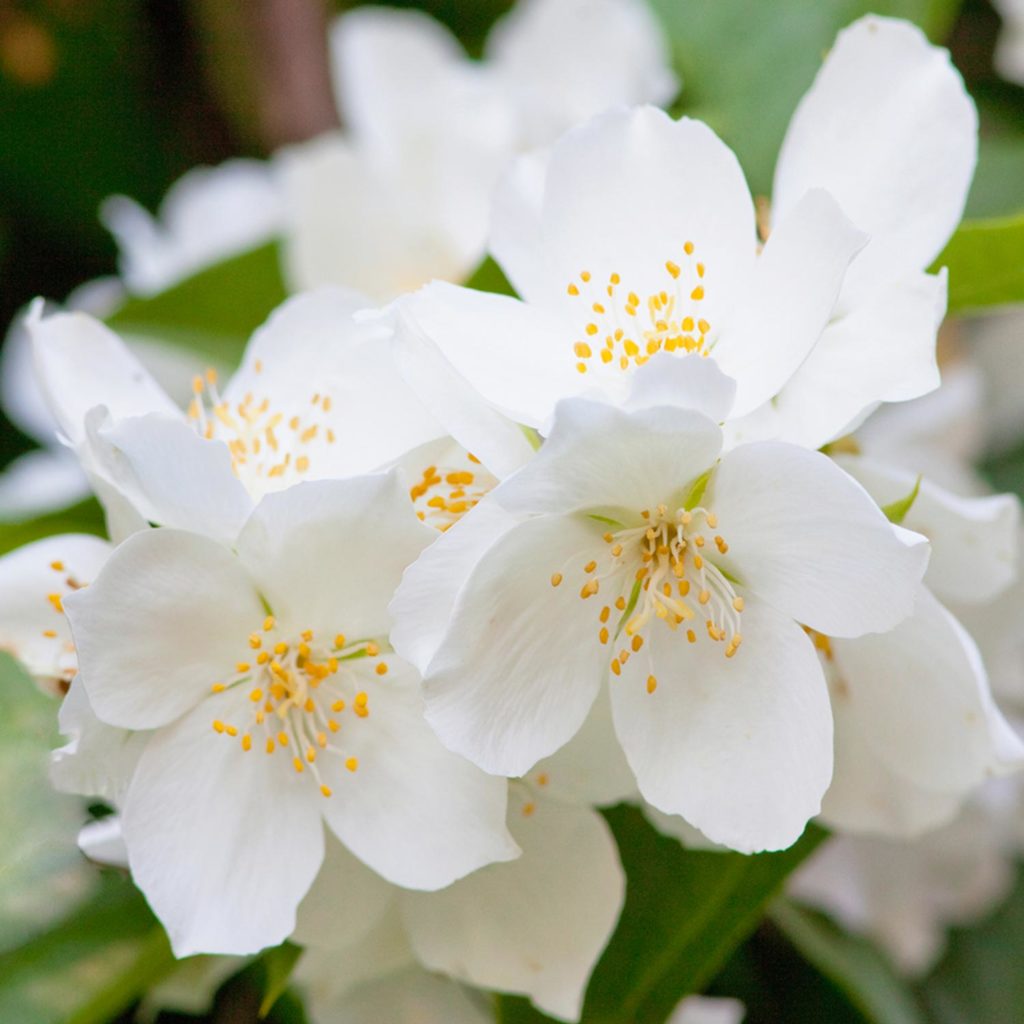
The aroma of jasmine essential oil is highly floral, rich, and sweet. It’s a favorite in perfumes and in aromatherapy where it is prized for its ability to reduce depression. Moreover, jasmine is widely used as a sedative due to its calming aroma.
This floral essential oil has excellent bug fighting abilities and is often used for antibacterial purposes. And just like rose, it acts as a natural aphrodisiac which is probably why it’s so closely associated with love. An excellent jasmine alternative is ylang ylang, but you could also try patchouli as both of these have comparable effects.
Chamomile
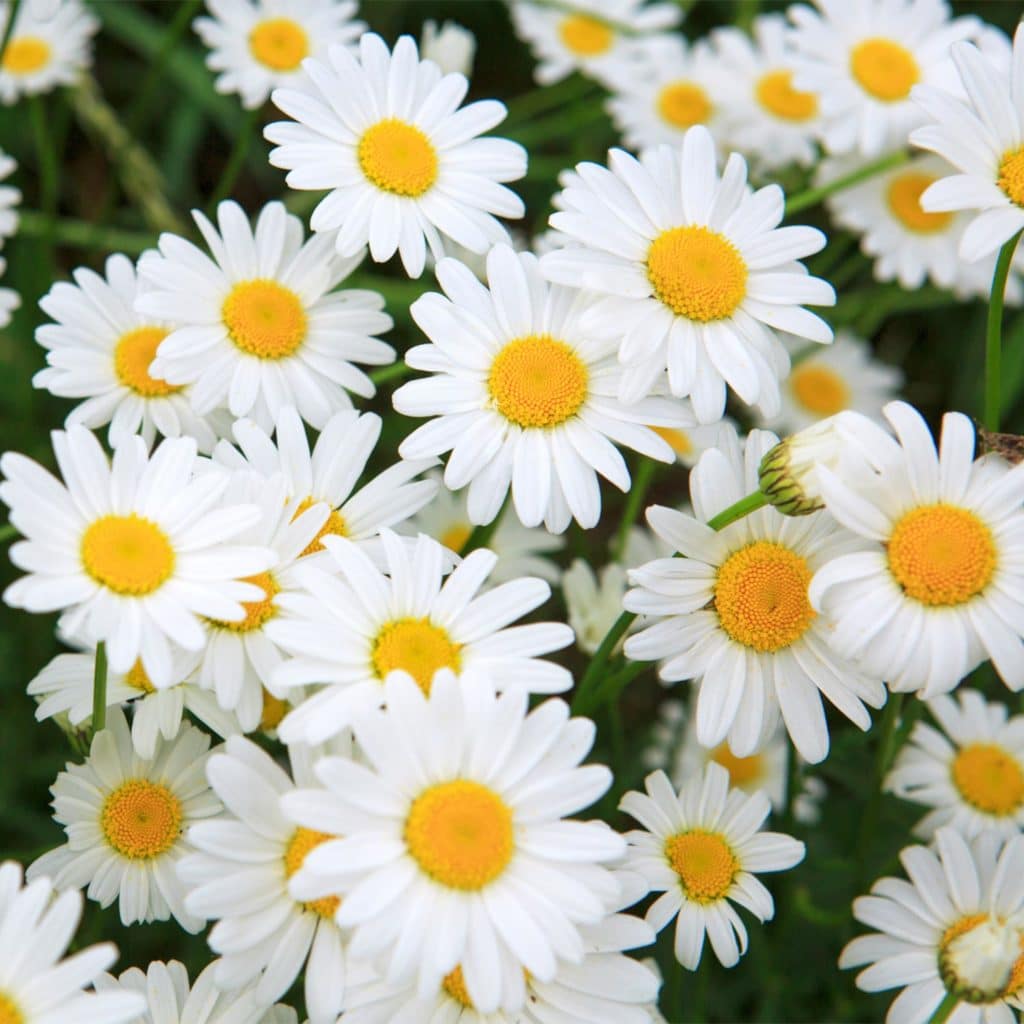
Chamomile essential oil is suitable if you like a warm, herbal floral scent. It’s excellent for people looking for a relaxing oil as it’s known to induce calm and sleep.
Chamomile is a soothing aroma that also has some significant physical benefits. It’s ideal for reducing eczema flare-ups and has some excellent anti-inflammatory properties. Nevertheless, some find that it upsets their skin, so a good alternative to try in this case would be clary sage or lavender.
Neroli
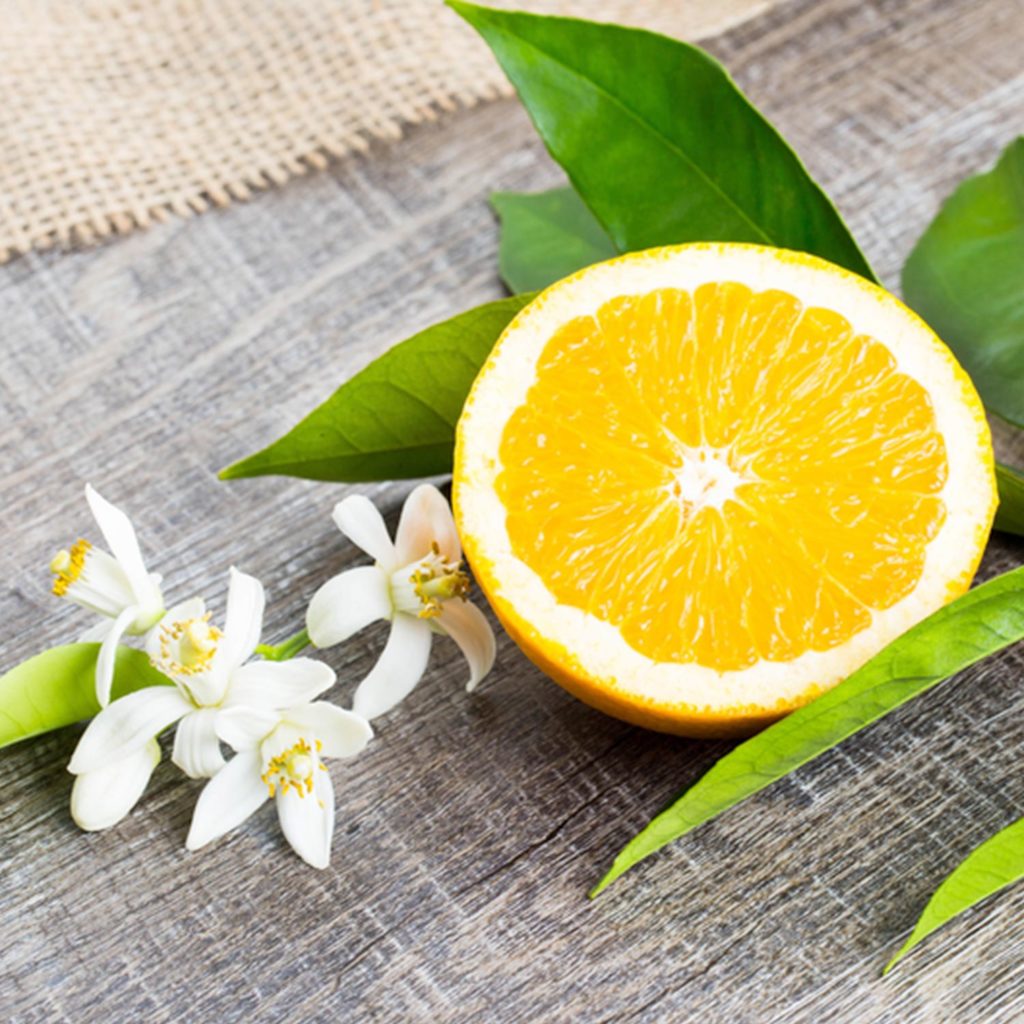
The aroma of neroli essential oil is sweet, floral, and citrusy. It’s soothing and uplifting all in one. A significant benefit to using this essential oil is that it promotes healthy sleep, primarily because of its calming and stress-relieving effects.
Neroli oil is also a perfect choice for acne-prone skin and can also help to rejuvenate skin thanks to cell regeneration. Tea tree is an excellent alternative for skincare, but for calming effects, why not try lavender or ylang ylang?
Best Smelling Woody Essential Oils
Woody essential oils are often used in massage oils as not only do they have a very calming aroma, but they’re also known to soothe aching muscles and joints. You’ll also benefit from woody oils if you have skin issues, and they’re included in many skincare products.
Sandalwood
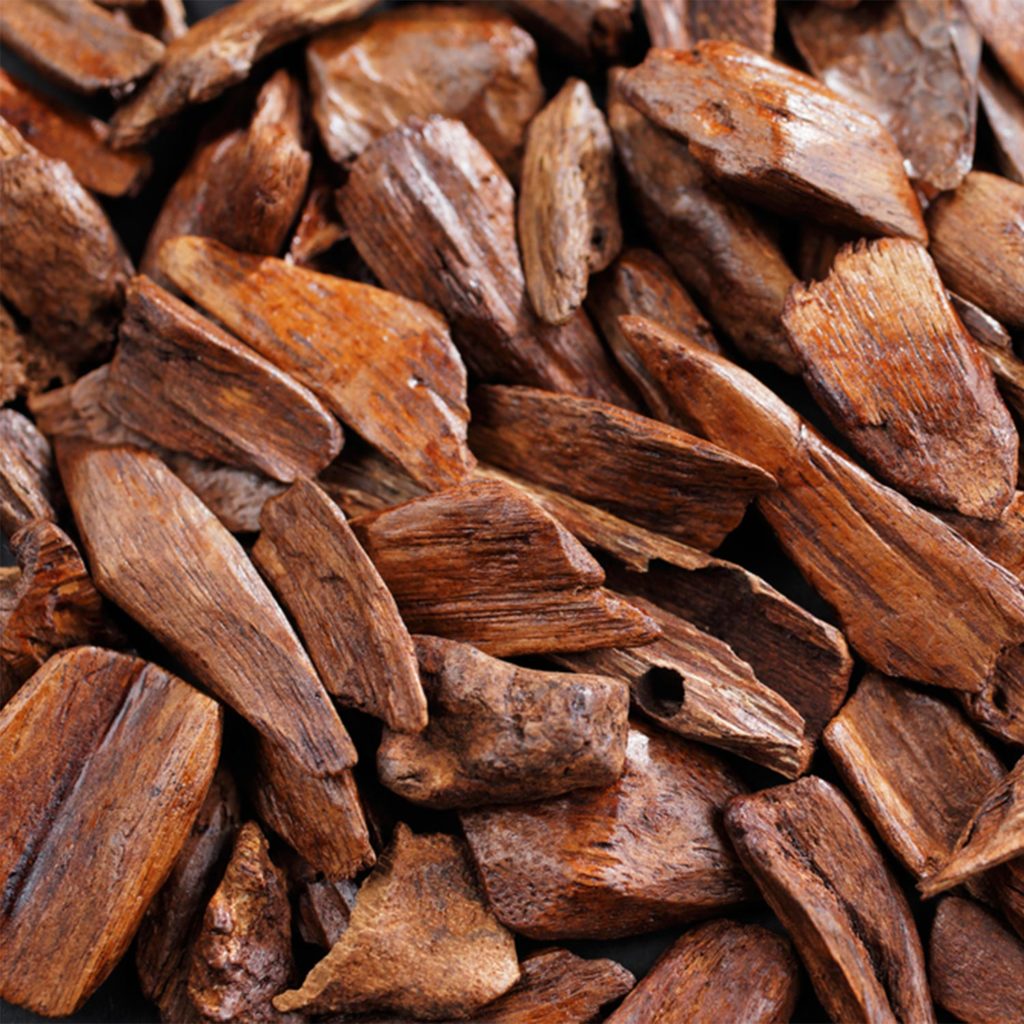
Sandalwood has one of the most complex aromas of all oils. Its smell is sweet and woody at the same time as being slightly floral. When used in aromatherapy, sandalwood is believed to help improve the quality of your sleep and is also known for its calming properties.
Many people use sandalwood to reduce high blood pressure, and the results are promising. However, if the scent of sandalwood is not for you, you can try something like ginger or ylang ylang, both of which have similar properties to this woody oil.
Vetiver

Known as the oil of tranquillity, vetiver has a very woody, earthy, and smoky aroma which is favored for its ability to reduce stress and help you to feel grounded. Its tranquil properties also aid in getting a better night’s sleep and relieve depression.
It is also possible to use vetiver on the skin as it tightens and prevents signs of aging. Some people aren’t keen on the powerful aroma and so opt for something like rosemary or sandalwood for similar effects.
Patchouli
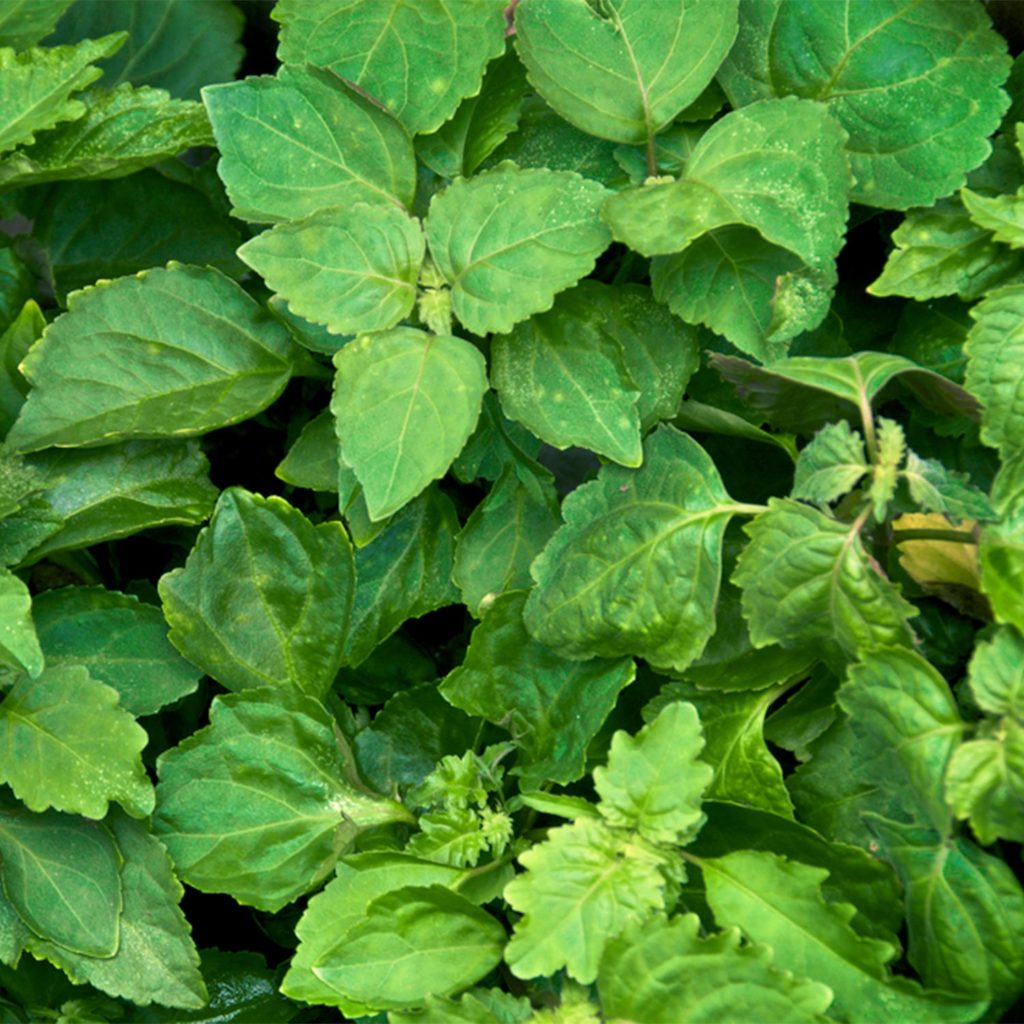
Patchouli is one of the most common oils used in perfumes as it has a beautiful woody and spicy yet sweet scent. In the 60s and 70s, it was favored in hippy culture and often used purely for its intense smell. But even today, this potent oil is widely used in aromatherapy for relaxation and to ease anxiety.
Patchouli oil possesses anti-aging properties thanks to how it helps collagen production. For those who can’t have patchouli, a great alternative to patchouli is clove or lavender oil as both of these have a similar earthy, sweet smell with a hint of spice.
Cedarwood
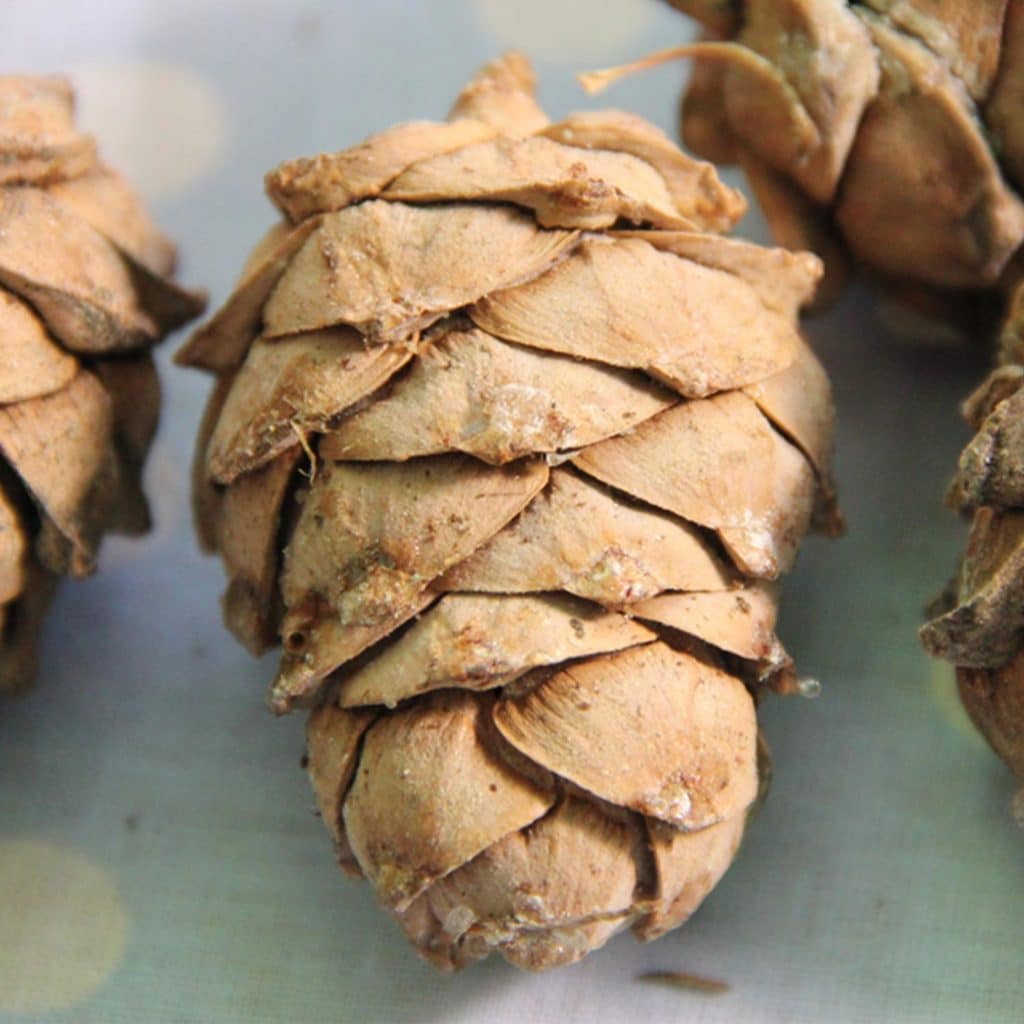
Cedarwood is one of the most unique smelling essential oils that has a rich woody aroma with undertones of citrus. It’s widely used in the treatment of wounds as it has healing properties but it is also thought to be effective at reducing the appearance of scars and imperfections.
Not only this but cedarwood is an excellent antiseptic and antifungal oil that also helps to reduce inflammation. Cedarwood has been called the miracle oil for its wide range of properties. But if you prefer something with a less intense aroma, you might try chamomile as a substitute.
Cypress
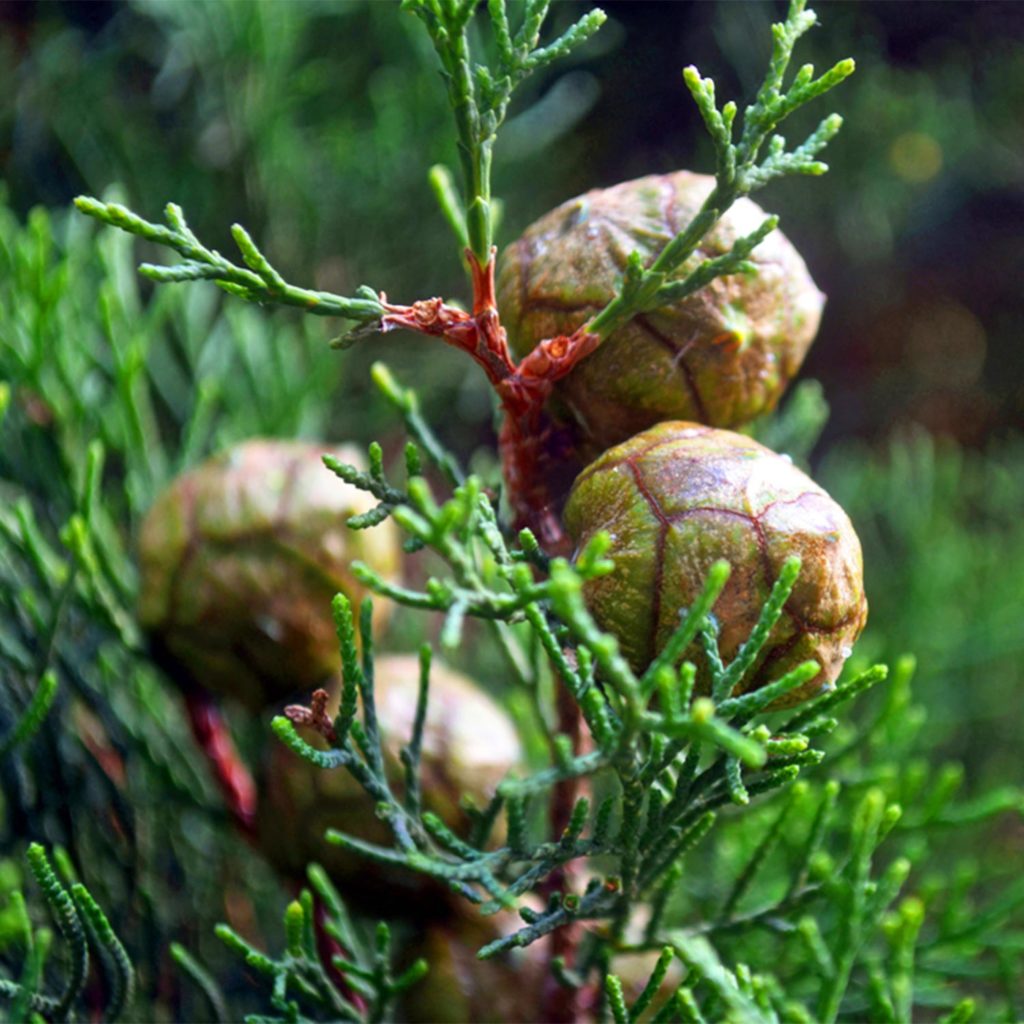
While a woody fragrance, Cypress still has a very fresh, clean scent that appeals to people when looking for something to make their home smell nice. As an aromatherapy oil, Cypress is known to help reduce stress.
The fresh scent is often found in personal grooming products such as perfumes and deodorants. But the oil can also be applied to the skin to treat many conditions, including acne, cellulite, and even hemorrhoids. A great addition to Cypress would be an essential oil like pine for that beautiful fresh, woody aroma.
Best Smelling Herbal Essential Oils
Herbal essential oils have a vast range of benefits and are great for relaxation, often used in incense. They’re perfect for treating things like nausea, inflammation, and pain, and many people swear by the soothing scent to help increase productivity.
Clary Sage
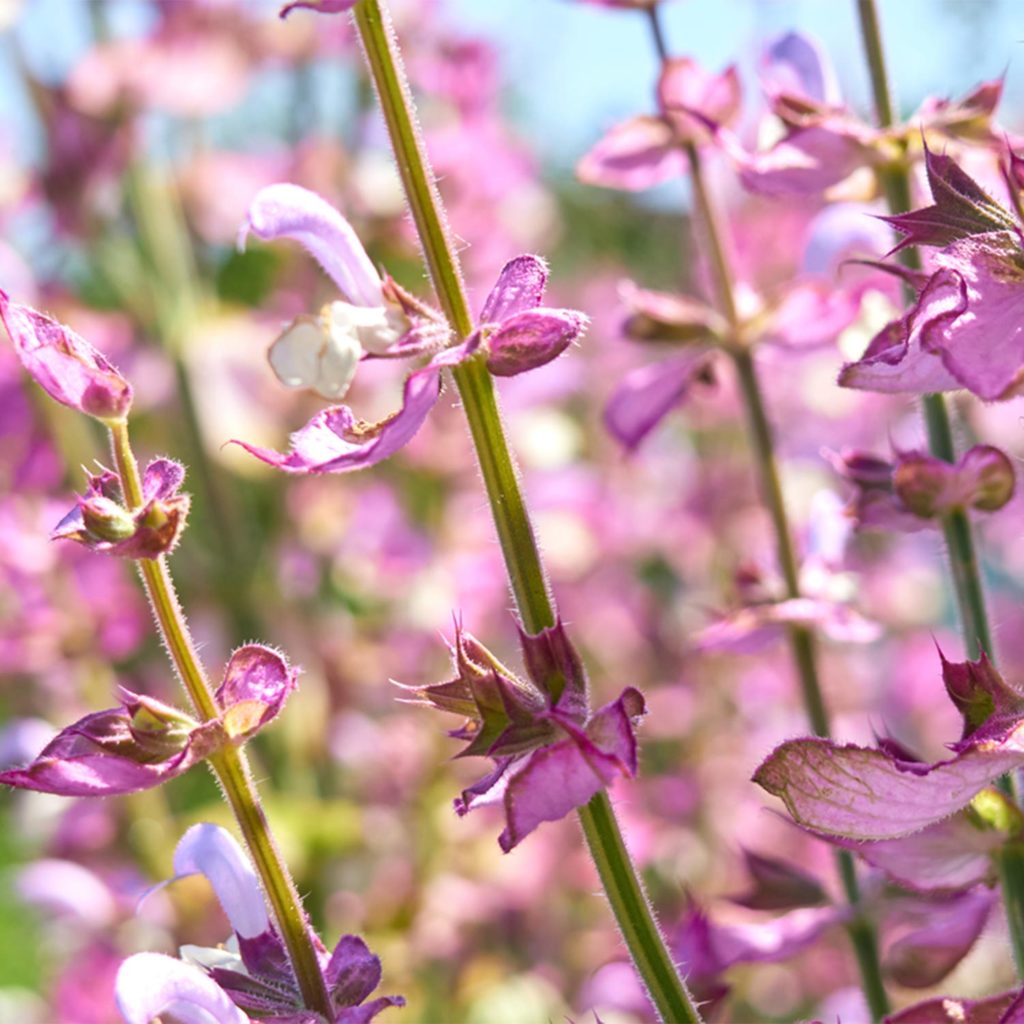
Many herbal essential oils are very earthy while there’s a certain sweetness and muskiness to clary sage that many people love. It’s often used in the perfume industry and is widely used in aromatherapy since it has antidepressant properties.
Furthermore, clary sage is excellent at reducing pain and is frequently used by women to soothe menstrual cramps. You’ll also benefit from this oil when going through menopause as it’s known to calm the symptoms. Alternatively, aromatic oils like sandalwood or ylang ylang also have similar benefits.
Rosemary
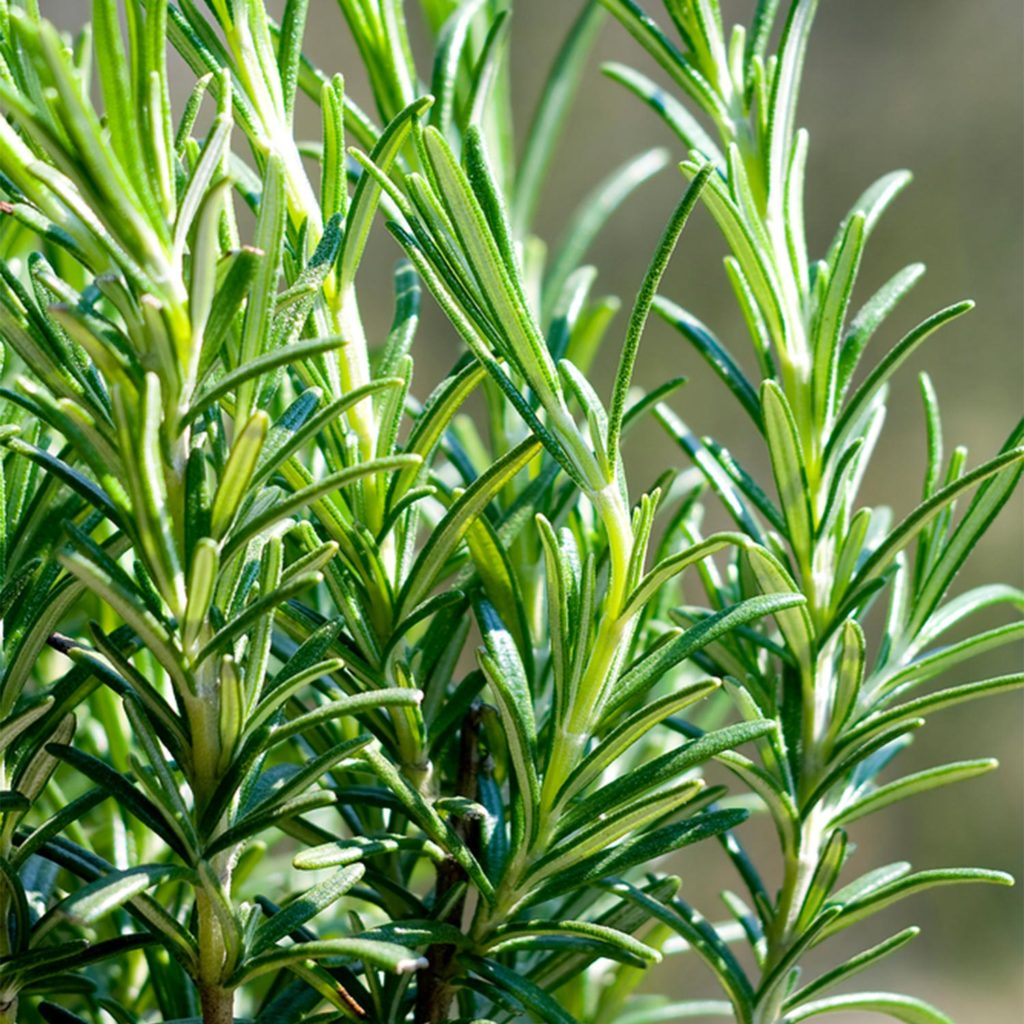
Rosemary oil has a pleasant, uplifting scent infused with citrus aroma. It smells both fresh and earthy. Like clary sage, rosemary has pain-relieving properties, especially when rubbed onto the skin using a carrier oil. Additionally, rosemary is anti-inflammatory.
While studies are not conclusive, some research suggests that rosemary oil is ideal for restoring hair growth.
If you enjoy rosemary essential oil, try sage or black pepper oils as well.
Oregano
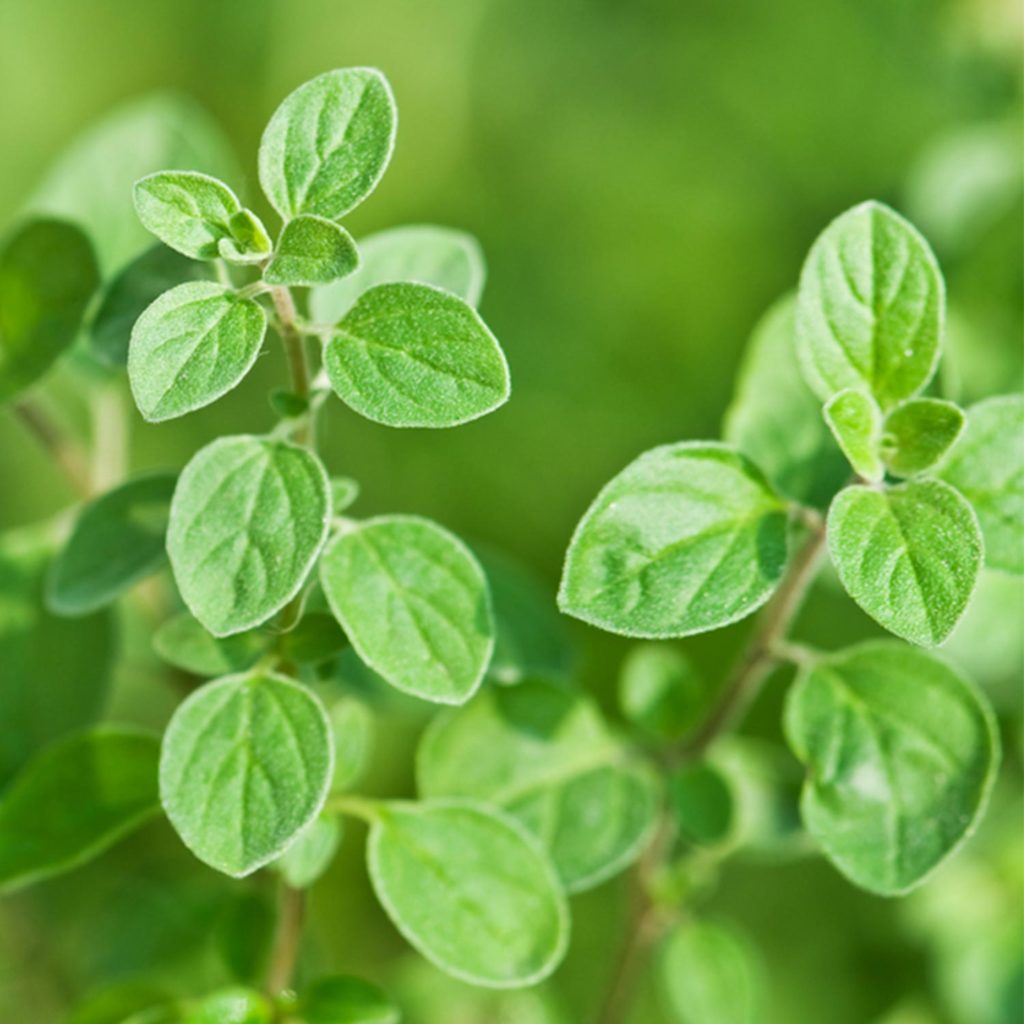
You might more commonly associate oregano with cooking but the essential oil has a wonderfully sharp and rejuvenating aroma. This essential oil is perfect for use as an insect repellent if you don’t fancy using a citrus oil.
Moreover, oregano essential oil is fantastic at reducing inflammation and even treats wounds and sores. However, not everyone enjoys the distinctive scent of this particular essential oil and you’ll find an excellent alternative in tea tree oil which shares many of the same benefits.
Thyme
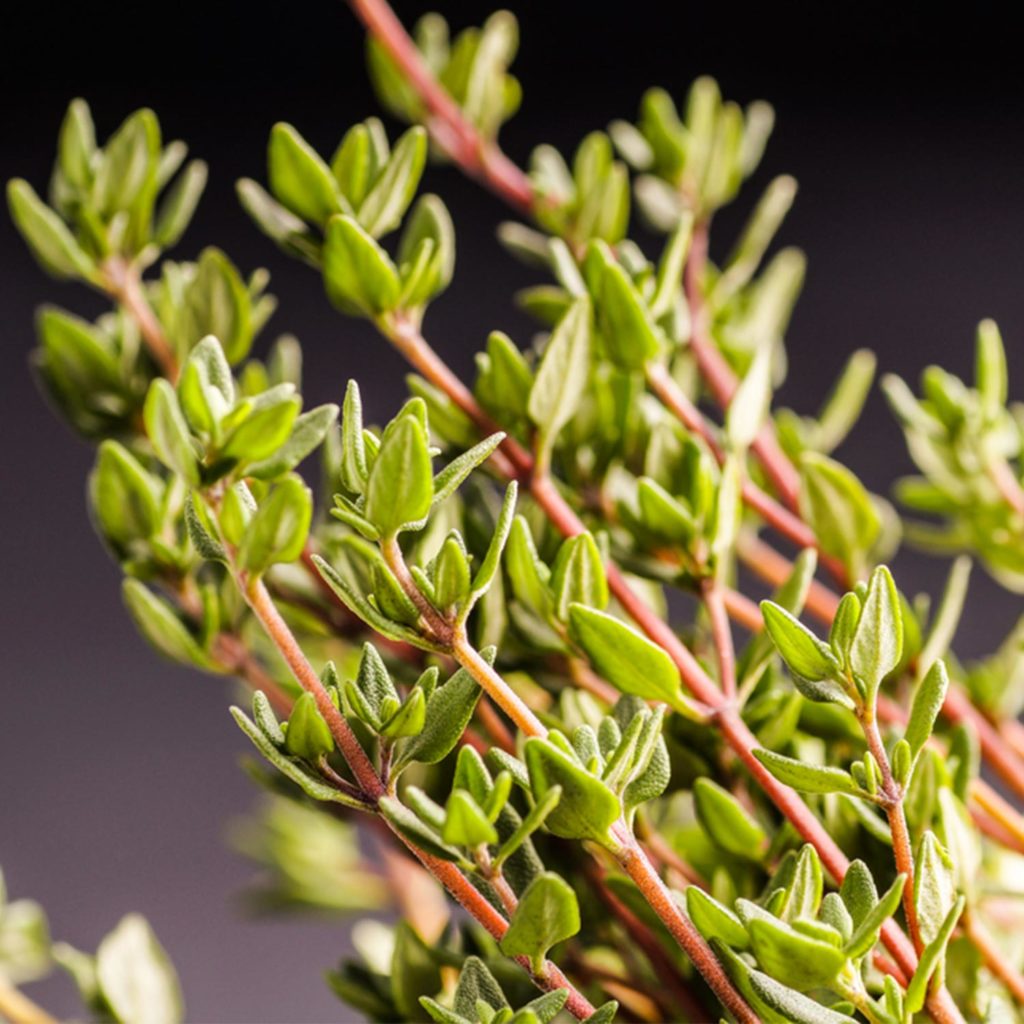
Thyme essential oil has a very distinct scent that some would describe as fresh yet spicy and herbaceous. One of the most significant advantages of using thyme oil in aromatherapy is that it is excellent at helping respiratory issues. An example might be something as simple as the common cold to other chronic conditions like asthma.
Thyme oil is an excellent smell if you’re looking to soothe your mind and calm the senses. Many people use it to relieve anxiety and stress. If you enjoy this particular scent, you could also try rosemary or marjoram.
Sage
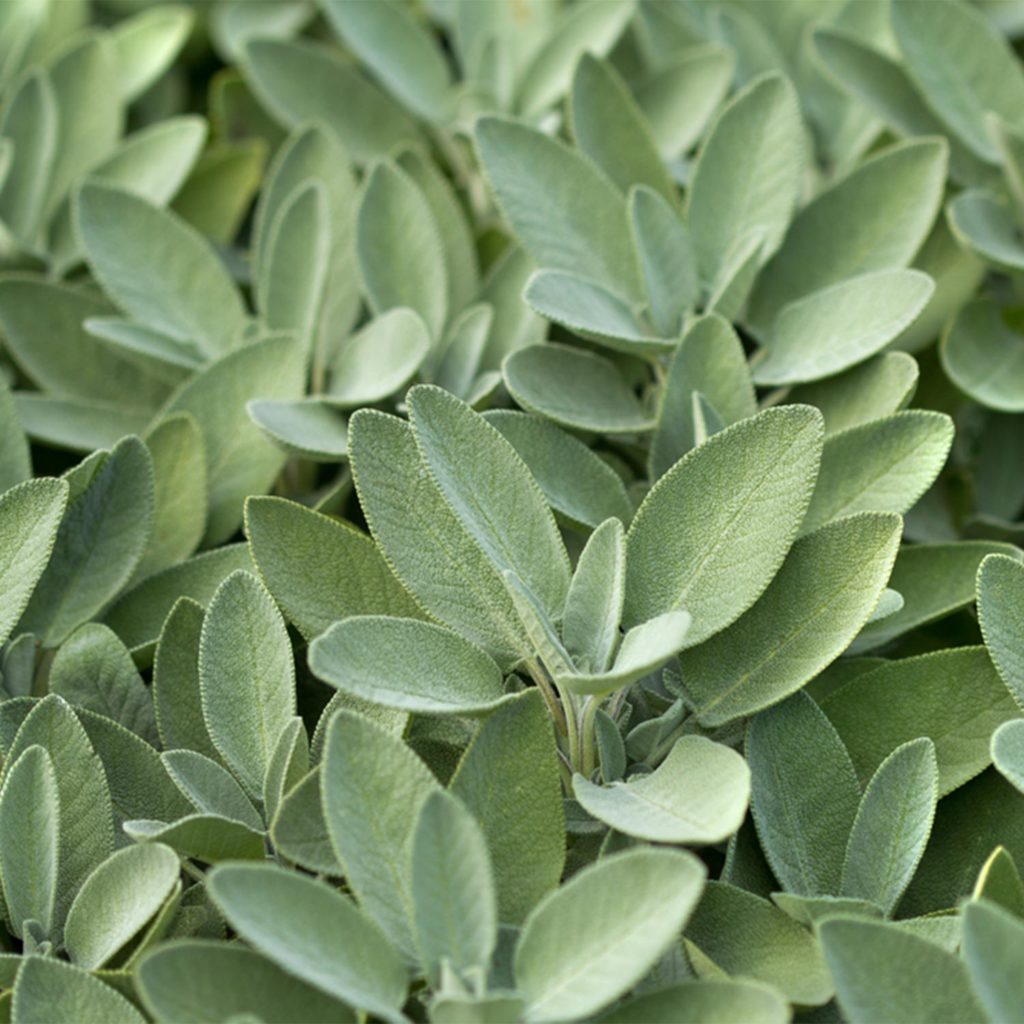
Don’t confuse sage with clary sage, as this essential oil has a much more potent and robust aroma. Its benefits are wide and sage essential oil is commonly used to ease joint and muscle pain. However, you’ll also use it to combat everything from digestive problems to skin complaints.
Like many other essential oils, sage is perfect for winding down at the end of the day as it works particularly well for conditions like depression and stress. If you find this scent a little too overpowering for you, you might try diffusing jasmine or lavender oil instead.
Best Smelling Spicy Essential Oils
Spicy essential oils are incredibly warming and soothing. They’ll bring on feelings of calm which is why they are so popular in aromatherapy. Among the most potent spicy essential oils are clove, cinnamon, frankincense, nutmeg, and coriander.
Clove
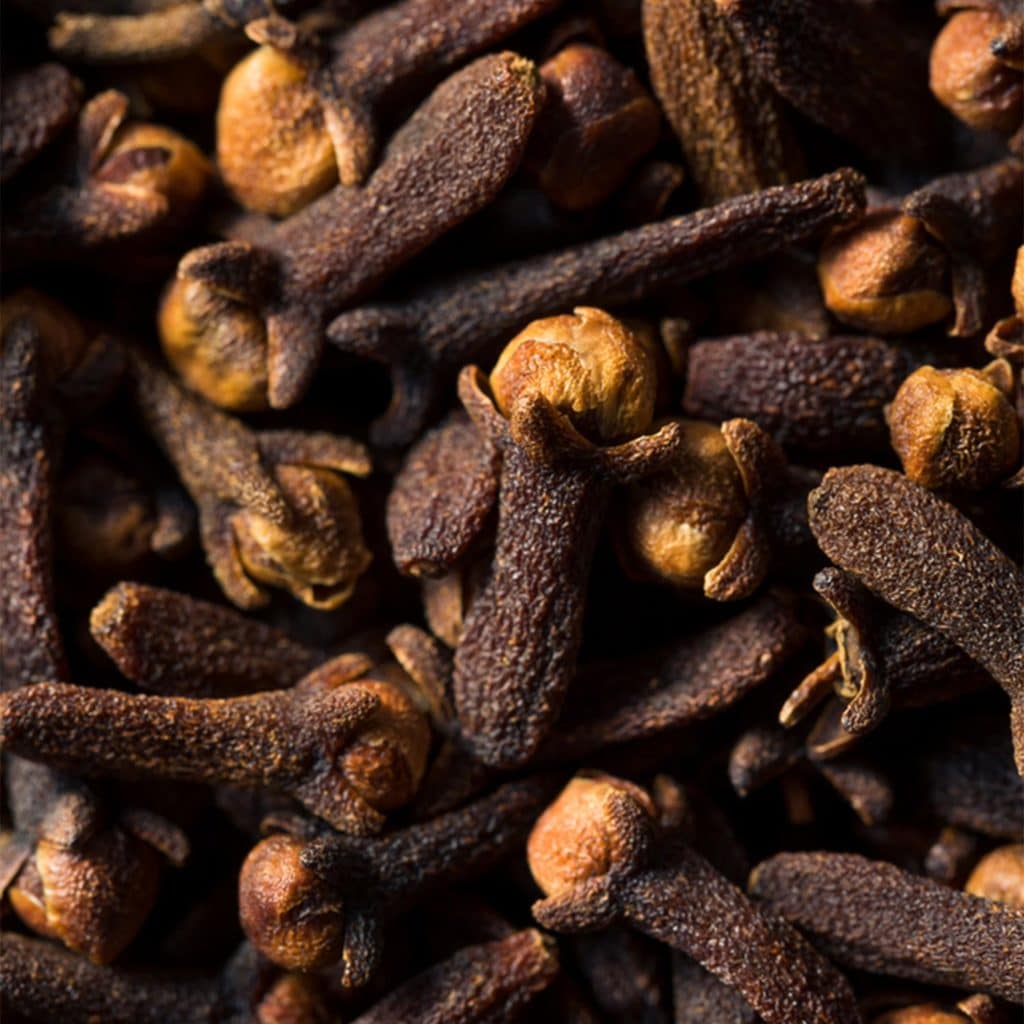
Clove essential oil has a warm, spicy aroma with a slightly bitter twist. It’s one of the most unmistakable essential oils where scent is concerned. But that unique aroma is perfect for relieving stress and can even act as an aphrodisiac.
Moreover, clove oil is excellent for pain relief and is traditionally used to treat muscle and tooth pain. It also has excellent antimicrobial properties and kills bacteria, and sanitizes. However, some find the oil a little too potent and you could try tea tree or clary sage for something a little less intense.
Cinnamon
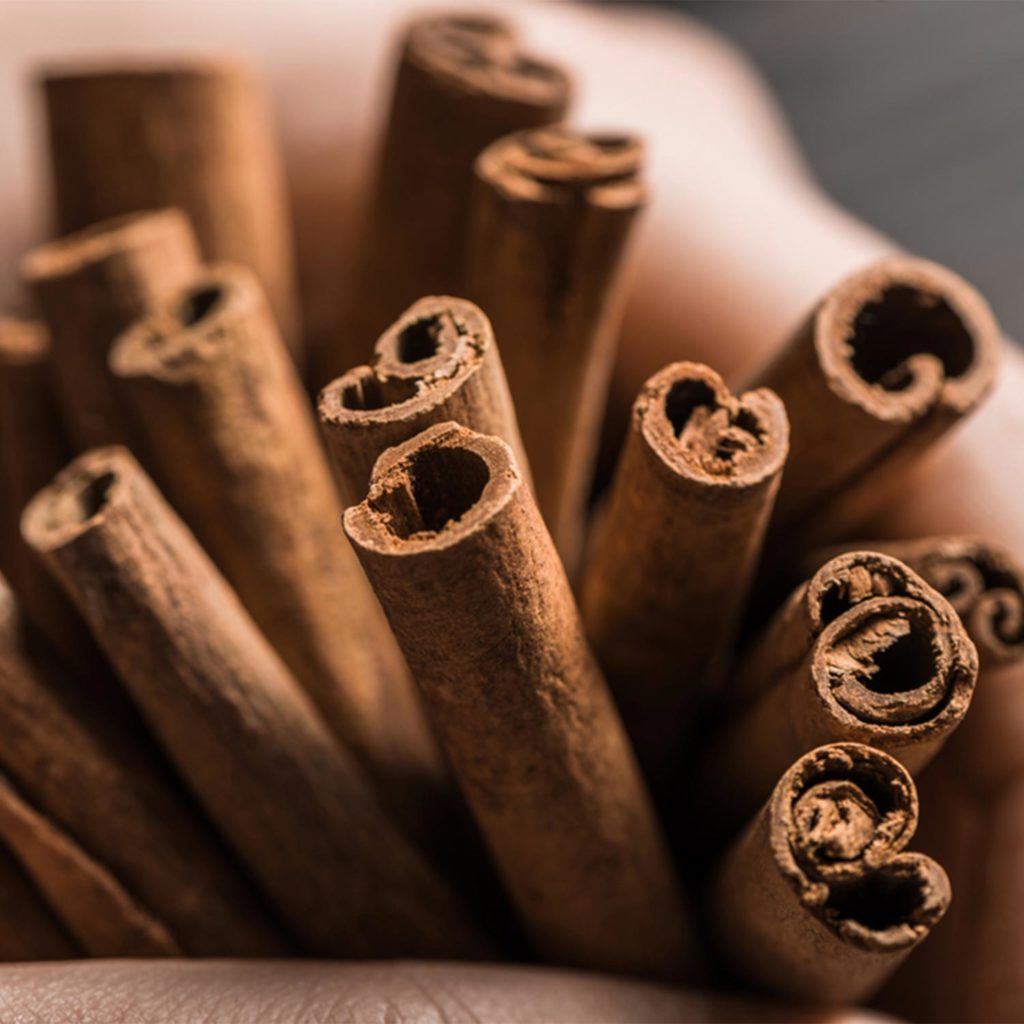
There’s something comforting about the scent of cinnamon essential oil with its warm sweetness; it just makes you feel cozy. That is great since this essential oil is known for increasing libido.
Furthermore, cinnamon essential oil has a range of health benefits, including improving immune system function and reducing inflammation. It is also known as one of the essential oils effective for relieving cold and flu symptoms. But the scent isn’t for everyone, so if you find it a little too sweet, you could try nutmeg or clove instead.
Frankincense
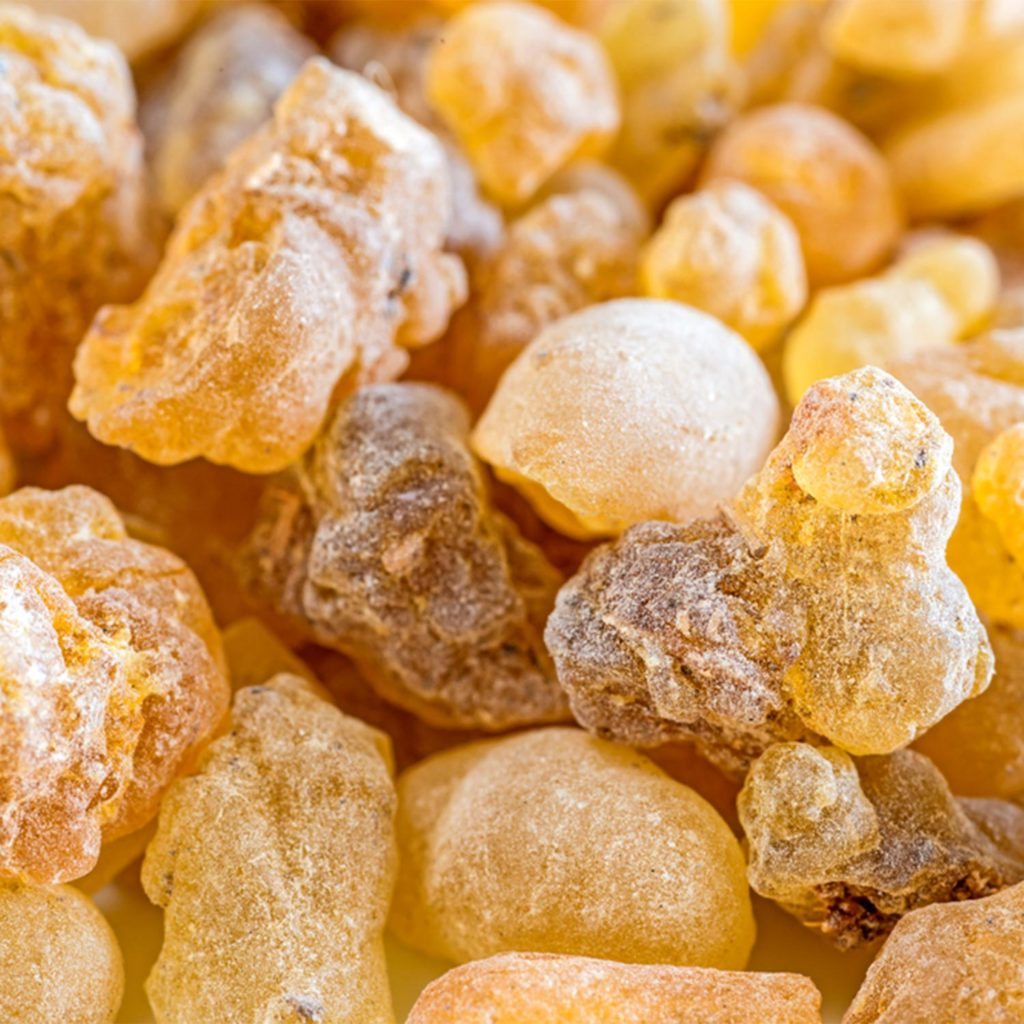
Frankincense has a warm, woody aroma that’s littered with sweet notes. It feels very comforting and many people use it to make themselves feel more grounded and relaxed. One of the main benefits of using frankincense oil is that it reduces symptoms associated with respiratory conditions, particularly asthma.
There is some suggestion that frankincense may also have anticancer properties although research into this is ongoing. For other similar essential oils that promote relaxation you might try vetiver or ylang ylang. Clary sage is another common substitute for frankincense.
Nutmeg
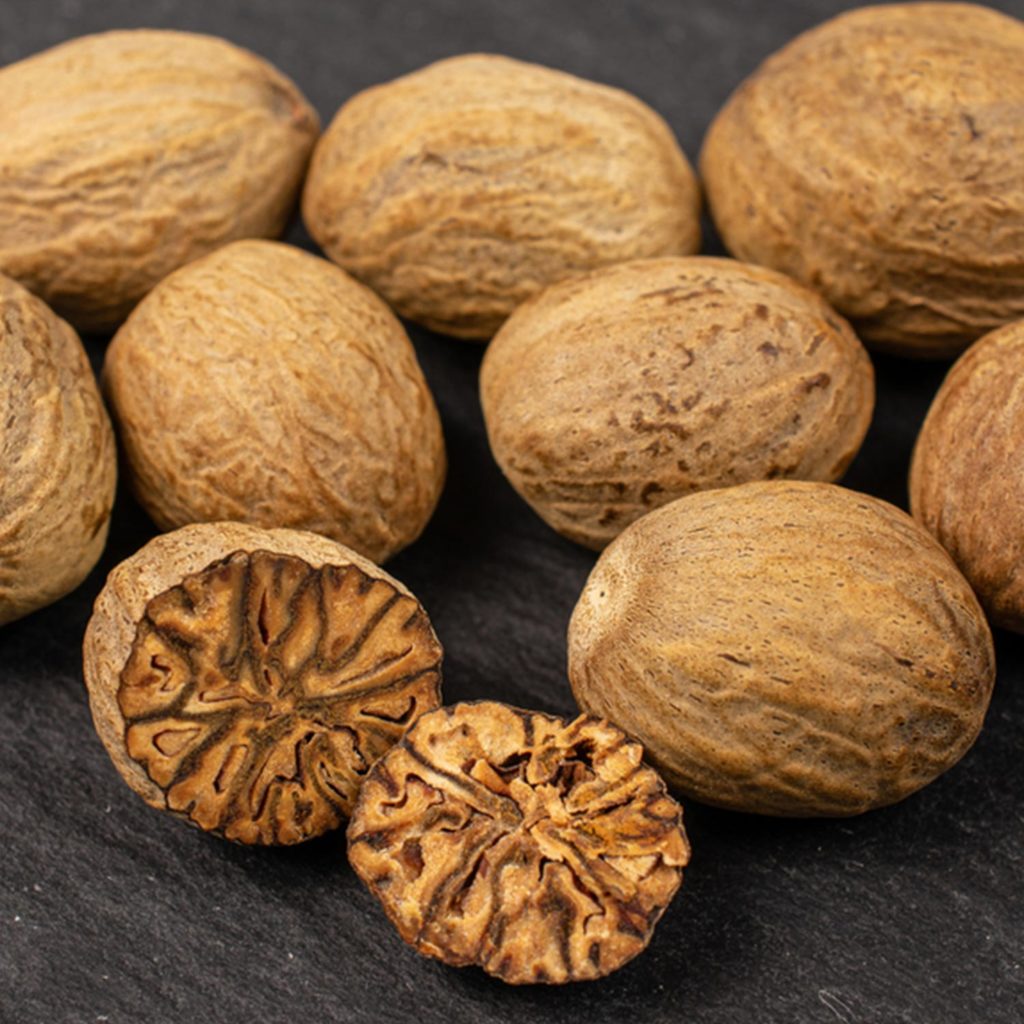
You may have used nutmeg in cooking and its essential oil smells just as sweet and woody, only much more potent. One of the great things about nutmeg is that it is a natural sedative which means its aroma may help if you have problems with sleep.
Nutmeg essential oil is also frequently used to lower blood pressure and reduce symptoms associated with stress. If you suffer from anxiety, inhaling this oil can have an uplifting effect. However, if you want to try something a little different, you could use clove oil as an alternative.
Coriander

Coriander is perfect for people who want a fruity hit from their herbal essential oils. It’s sweet and fresh and has an uplifting aroma known to boost the sexual drive. On top of this, it’s known that coriander essential oil can improve hormone production.
Many people also swear by this essential oil when trying to lose weight as it can break down fats, resulting in faster weight loss. Similar properties exist in other essential oils, including clary sage, cypress, and bergamot.
How To Select Essential Oils
When it comes to finding the right essential oil for you, one of the first things you’ll need to think about is why you want to use it. If you are looking to address a certain health concern, it pays to look at which essential oils are known to have suitable properties.
However, if you are looking for aromas to make your home smell great then you’re free to go wild and choose whatever takes your fancy. It can help to think about what types of smell you generally like. Do you prefer fresh and uplifting scents or something more comforting? Knowing this will narrow down your choices significantly.
Consider also which essential oils mix well together. If you’re using a diffuser, then it’s nice to blend oils. For example, ylang ylang, orange, and clove make for an invigorating mood booster, while frankincense and chamomile together can help you feel more grounded.
Essential Oil Uses
Essential oils can be used for so many things and that truly is the beauty of them. Primarily, essential oils are either inhaled, applied to the skin, or ingested. However, it is not recommended to ingest essential oils unless advised by a medical professional. While the practice is common in countries like France, side effects may do more harm than good.
If you apply essential oils directly to the skin, they should always be diluted using a carrier oil. Not doing this could result in irritation. Carrier oils include things like jojoba and coconut which are widely available.
For inhalation, essential oils can be smelled directed in front of the bottle but are commonly used in a diffuser. Using a diffuser spreads the fragrance throughout the room and can have various effects depending on the oils you use.
